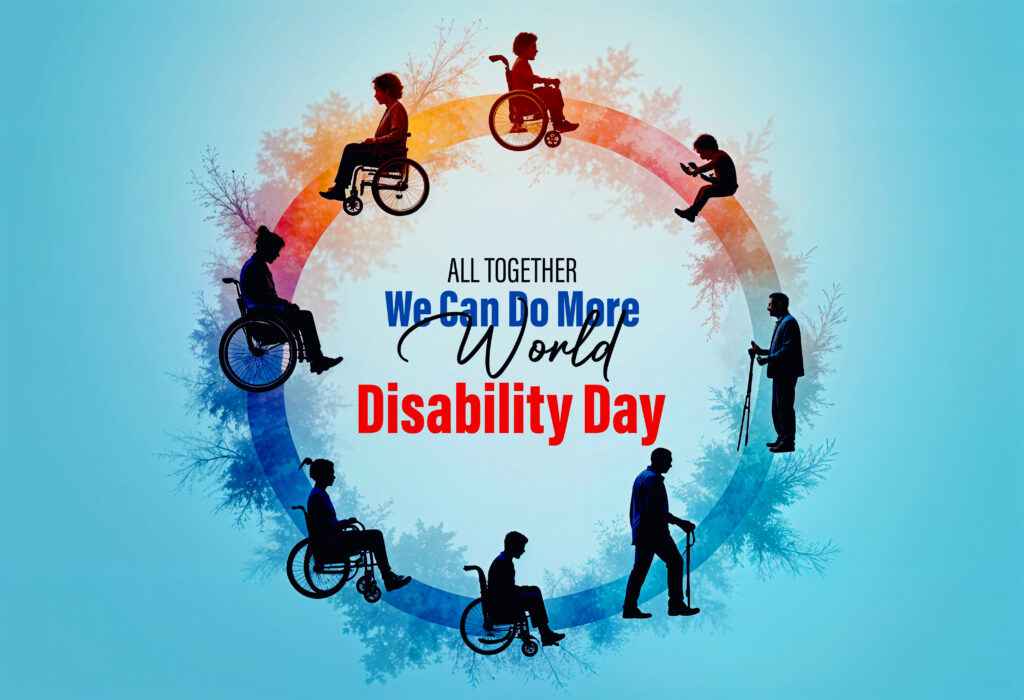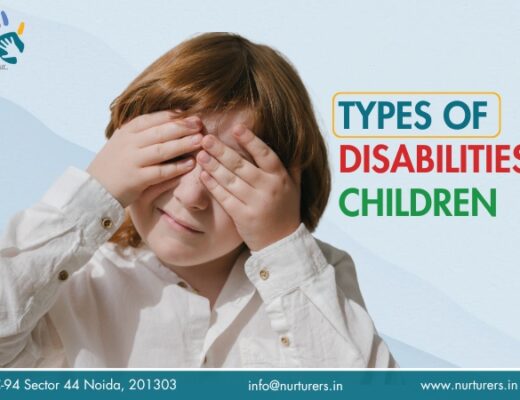
Every year on December 3rd, the world observes International Day of Disabled Persons. This day serves as a reminder of the challenges faced by people with disabilities, while also celebrating their contributions to society. It is a day to raise awareness about issues such as accessibility, discrimination, and the importance of inclusive policies. But why is this day so important, and what does it mean for the global community? Let’s explore the reasons behind this significant observance and the positive change it aims to bring.
Raising Awareness About Disabilities
The core purpose of the International Day of Disabled Persons is to raise awareness about the daily struggles that people with disabilities face. Disabilities can take many forms—physical, sensory, cognitive, and developmental—and each type presents its own set of challenges. Whether it’s difficulties in accessing education, employment, healthcare, or public spaces, individuals with disabilities often encounter barriers that limit their opportunities and quality of life.
For instance, children with speech and language challenges, such as those requiring speech therapy, may struggle to communicate effectively in a traditional classroom setting. This can lead to feelings of isolation and frustration. Similarly, children with dyslexia often face difficulties in reading and writing, affecting their educational performance and self-esteem. By raising awareness on this special day, we can better understand the importance of providing the right resources, like dyslexia treatment and therapy services, to ensure that these children are supported and included in society.
A History of Advocacy
The United Nations first declared the International Day of Disabled Persons in 1992. The idea behind this day was to promote the rights and well-being of people with disabilities across the globe. The UN recognized that disability isn’t just a medical condition but a matter of human rights. It’s about making sure that people with disabilities aren’t seen as less capable or left out of opportunities, but are given the same rights, resources, and chances as everyone else.
Since then, the day has served as a platform for people with disabilities to speak up, share their experiences, and fight for their rights. It’s an opportunity for governments, organizations, and individuals to take stock of the progress made toward inclusion and set goals for improvement.

Why is This Day Important?
The importance of the International Day of Disabled Persons lies in its focus on inclusion and equality. It reminds us that society benefits when everyone, regardless of their abilities, is given a chance to participate and contribute. The day also highlights the need to remove the barriers that prevent people with disabilities from accessing education, employment, healthcare, transportation, and other essential services.
For children with learning disabilities, like dyslexia, school can be either a place of support or a place of exclusion. Without the right understanding and tools, children with dyslexia may find it difficult to read or write, which can affect their confidence and academic success. This day emphasizes the importance of creating inclusive educational systems that meet the needs of all students, especially those who require additional support, such as therapy.
Likewise, individuals needing speech therapy often face challenges in communication that can hinder their personal and professional lives. The International Day of Disabled Persons encourages efforts to ensure that these individuals receive the necessary resources, such as accessible therapy services and tools to aid their communication.
A Day for Action
Celebrating the International Day of Disabled Persons is not just about raising awareness; it is about taking action to make a difference. The day calls on everyone—from individuals to institutions—to reflect on the ways they can contribute to a more inclusive world. Governments are urged to adopt policies that support the rights of people with disabilities, while companies are encouraged to ensure their products, services, and environments are accessible to everyone.
For example, many schools and workplaces still lack adequate facilities for students and employees with disabilities. Whether it’s ensuring ramps are available for wheelchairs, providing assistive technologies for students with learning disabilities, or offering flexible work environments for those who need accommodations, these changes are crucial to fostering an inclusive society. The International Day of Disabled Persons acts as a reminder to focus on solutions and to push for these changes.
The Role of Technology in Empowerment
One of the most exciting aspects of modern life is the role that technology plays in improving the lives of people with disabilities. Innovations in assistive technologies have revolutionized the way people with disabilities interact with the world. For children in need of speech therapy, speech-generating devices and mobile apps have opened up new possibilities for communication. These technologies can help children with limited speech abilities express themselves more clearly and interact with others more effectively.
Similarly, for children with dyslexia, there are now software programs and apps designed to help with reading, writing, and comprehension. These tools can break down the learning process into smaller, more manageable steps, making it easier for children to learn and retain information. Technology can also bridge gaps in accessibility, such as helping individuals with hearing impairments through sign language translation apps or captioned videos.
While access to such technologies can make a huge difference in people’s lives, there is still work to be done. Many individuals in rural or low-income areas still lack access to the tools that can help them overcome challenges. The International Day of Disabled Persons advocates for making these technologies more widely available and affordable, so that everyone can benefit from them.
How Can We All Contribute?
So, how can you contribute to the spirit of the International Day of Disabled Persons? Here are a few ideas:
Support Inclusive Policies: Advocate for laws and regulations that ensure the rights of people with disabilities are upheld. This might include pushing for better healthcare access, improved public transportation, and accessible education.
Volunteer: There are many organizations and charities that work to support people with disabilities. Volunteering your time or donating to these causes can have a real impact on improving the lives of individuals who need assistance.
Educate Yourself and Others: The more we learn about disabilities and the challenges people face, the better we can advocate for inclusion. Educating others—whether in your community, school, or workplace—can help break down stereotypes and promote understanding.
Empower Those Around You: If you know someone with a disability, offer your support. Whether it’s helping them navigate physical spaces, being patient when they communicate, or simply offering a listening ear, your support can make a world of difference.

Hi! I am Swati Suri, a Special Educator with 9+ years of experience and the founder of Nurturers. I am passionate about helping children with special needs and supporting their families every step of the way.


